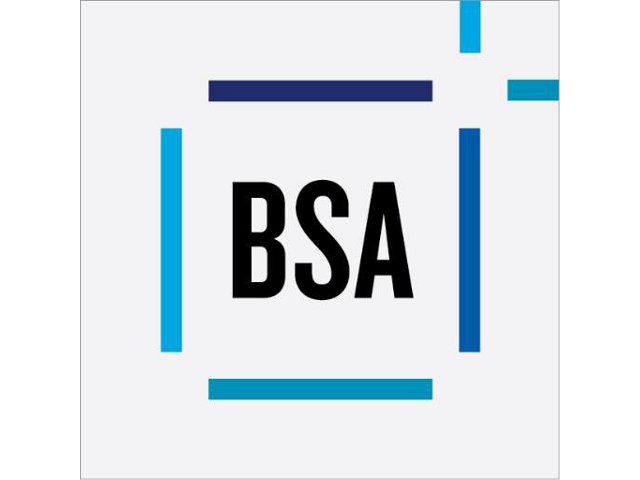MARCH BUSINESS NEWS SPONSORED BY:
The Business Software Alliance (BSA) has released its 2018 Global Cloud Computing Scorecard, a flagship study that assesses cloud computing policies around the globe. South Africa ranks 15th out of 24 leading IT economies, compared to its ranking of 14th in 2016, a sign that the legal and regulatory environment for cloud computing in South Africa is restricting cloud innovation.
The 2018 BSA Global Cloud Computing Scorecard – the newest version of the only global report to rank countries’ preparedness for the adoption and growth of cloud computing services – features an updated methodology that better reflects the policies that have helped cloud computing’s exponential growth over the past five years, putting additional emphasis on countries’ privacy and cybersecurity laws and broadband infrastructure.
While South Africa’s comprehensive privacy law is gradually being implemented, and some useful cybercrime and electronic commerce laws are in place, there are several elements inhibiting the development of the digital economy. This includes some Internet filtering and censorship that still occurs; very basic copyright laws that aren’t aligned with current international best practice; delays in the amendment of copyright law; and the fact that South Africa has not yet signed the WIPO Copyright Treaty. Another potential barrier is the existence of a complex system of domestic preferences in government procurement opportunities.
On the positive side, South Africa’s broadband penetration has been improving in recent years. According to We Are Social, the number of Internet users in South Africa increased by 2 million in 2017, seeing the country’s internet penetration rise to 54%.
In 2018, most countries continue to make improvements, but some markets are falling further behind. Germany scored the highest on the Scorecard – due to its national cybersecurity policies and promotion of free trade – followed closely by Japan and the United States. Bringing up the rear are a small group of nations that have failed to embrace the international approach: Russia, China, Indonesia, and Vietnam.
The Scorecard’s key findings include:
· Advanced privacy and security policies set leading countries apart from lagging markets. Countries continue to update and refine their data protection regimes, most often in a way that enables cross-border data flows. Several countries, however, still have not adopted adequate privacy laws.
· Emerging markets continue to lag in the adoption of cloud-friendly policies, hindering their growth. Examples include regulations that impose significant barriers for cloud service providers, data localisation requirements, and a lack of cybersecurity measures.
· Deviations from widely adopted regimes and international agreements hold back key markets. Internationally accepted standards, certifications, and testing help improve the security environment for cloud computing, but not every country recognises such best practices as meeting local standards.
· Those few countries that have embraced localisation policies pay a heavy price. Data localisation requirements act as a barrier to cloud computing, causing negative financial impacts for local markets.
· Increased emphasis on IT readiness and broadband deployment leads to interesting results. The ability of countries and companies to leverage cloud computing for growth requires access to a powerful network. While almost all countries continue to work to improve broadband access, the success of those efforts remains very inconsistent.
By examining the legal and regulatory framework of 24 countries, the Scorecard aims to provide a platform for discussion between policymakers and cloud service providers. This dialogue can help develop an internationally harmonised regime of laws and regulations that facilitate cloud computing.
“The Scorecard is a tool that can help countries constructively self-evaluate their policies and determine next steps to increase adoption of cloud computing,” said Victoria Espinel, President and CEO of BSA | The Software Alliance. “Cloud computing allows anyone to access technology previously available only to large organisations, paving the way for increased connectivity and innovation. Countries that embrace the free flow of data, implement cutting-edge cybersecurity solutions, protect intellectual property, and establish IT infrastructure will continue to reap the benefits of cloud computing for businesses and citizens alike.”
The full, 24-country rankings and detailed findings are available at www.bsa.org/cloudscorecard.






